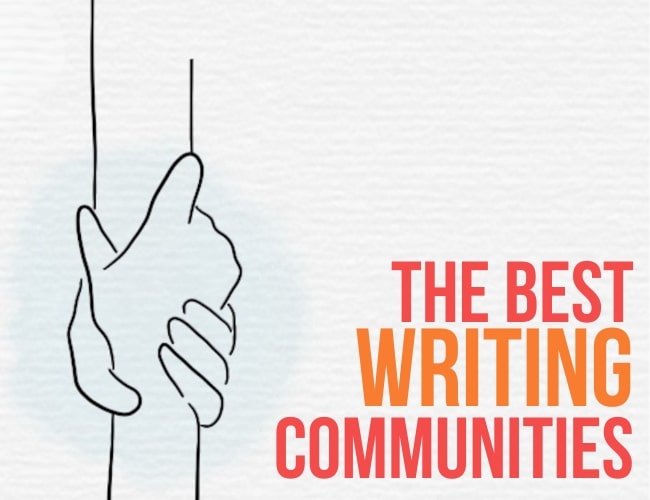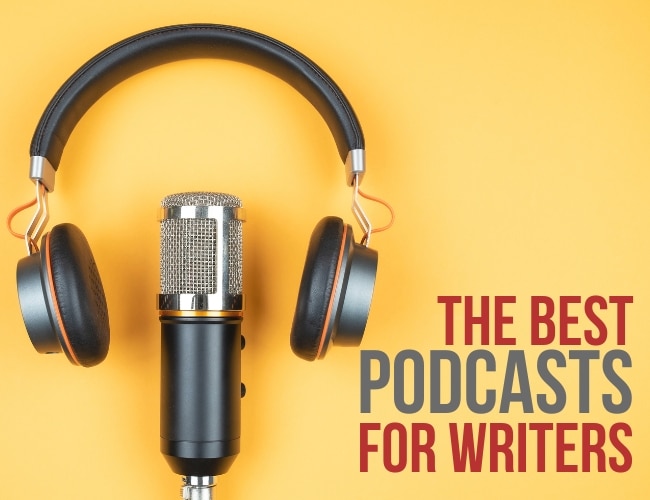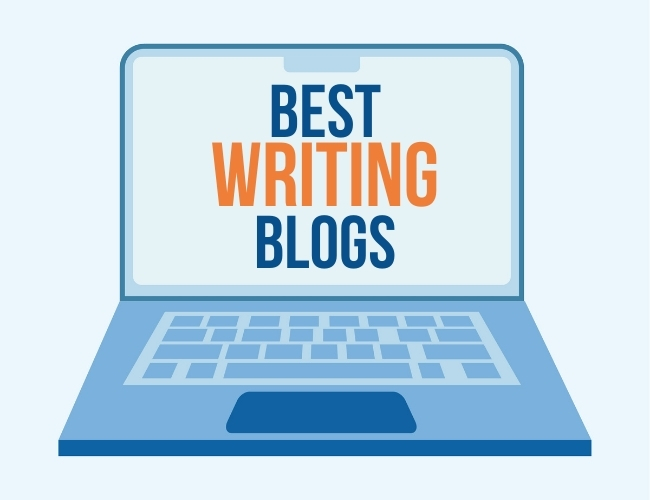
by Elizabeth Nettleton |
There’s no shortage of writing blogs on the internet, which is wonderful but can also be deeply overwhelming. Whether you’re drafting, editing, or trying to find your way through the publishing maze, having a few trusted resources can make all the difference. To help make it easier, here are 10 of the best writing blogs to help you learn, grow as a writer, publish your book, and hopefully feel a little less alone on your writing journey. Let’s dive in!
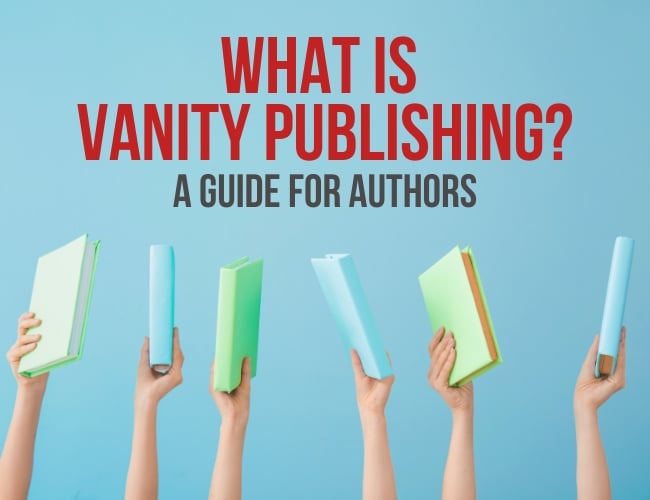
by Elizabeth Nettleton |
Choosing your publisher is one of the most important decisions you’ll make for your book. Will you self publish? Go the traditional publishing route? Or choose something in between? With so many options available, it can be difficult to know which path is right for you (and which ones you should avoid altogether.)
Today, we’re breaking down what vanity publishing is and how it differs from other publishing options, including hybrid publishing, so you can make an informed decision that’s right for both you and your book.
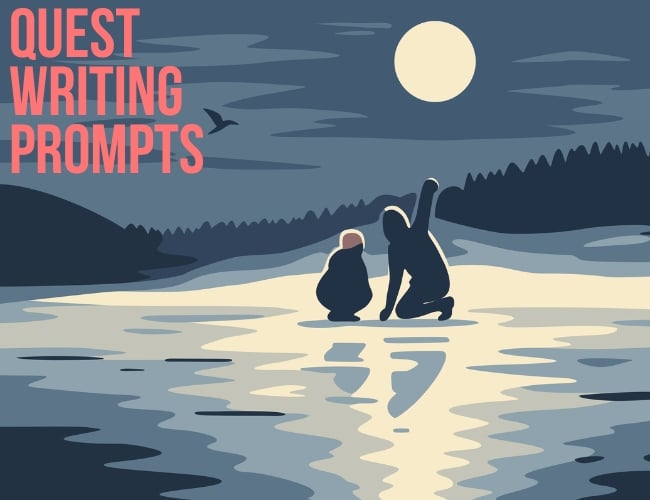
by Elizabeth Nettleton |
If you want to send your character on an adventure but aren’t sure where to start, look no further. Today, we have twenty new quest writing prompts to challenge your protagonist (and their friends, too) and send them on the journey of a lifetime. Until their next quest, that is.

